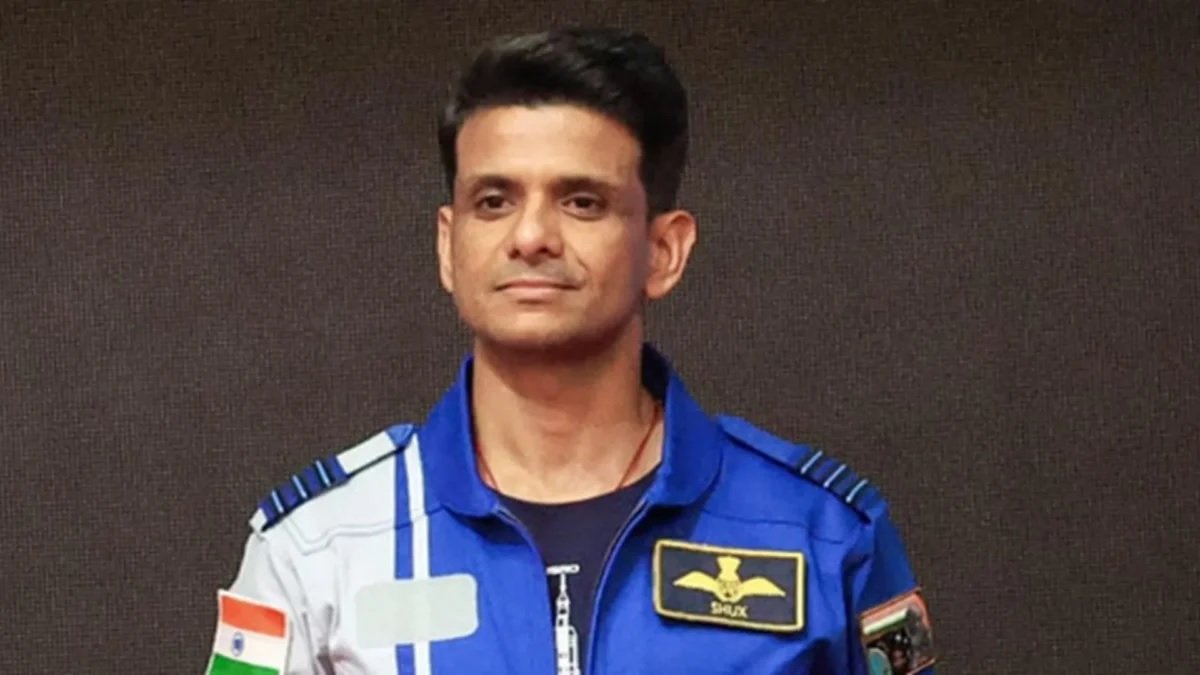Inside BENEO’s new pulse plant: pioneering sustainable protein from faba beans
Aims at sprouting and cultivating green gram (moong) and fenugreek (methi) seeds in the microgravity conditions of space
Indian astronaut Group Captain Sudhanshu Shukla is set to embark on a historic mission to the International Space Station (ISS) on May 29, 2025, as part of Axiom Mission-4—an international collaboration involving NASA, ISRO, and the European Space Agency (ESA). One of his primary objectives will be to carry out innovative experiments aimed at sprouting and cultivating green gram (moong) and fenugreek (methi) seeds in the microgravity conditions of space.
Scheduled to lift off on May 29, 2025, aboard Axiom Mission-4, Indian astronaut Group Captain Sudhanshu Shukla will participate in a collaborative spaceflight led by NASA, ISRO, and ESA. A core part of his scientific mission involves experimenting with the sprouting and growth of green gram and fenugreek seeds under microgravity conditions. These efforts aim to address the challenges of long-duration space missions by developing sustainable, India-specific food production systems and enhancing integrated life-support strategies for deep-space habitation.
Sudhanshu Shukla is set to lead experiments aboard the International Space Station (ISS) aimed at cultivating moong and methi seeds—key ingredients in Indian cuisine chosen for their high nutritional and medicinal value. The research will examine how these seeds sprout and grow in the absence of gravity, assessing the impact of microgravity on their development, growth patterns, and nutrient composition.
The experiment goes beyond simply sprouting seeds in space. After the plant samples return to Earth, scientists will conduct in-depth analysis across multiple generations to examine genetic variations, microbial interactions, and shifts in nutritional content. This holistic research aims to uncover traits that enhance crop resilience and yield—advancements that could benefit both extraterrestrial farming and agricultural practices on Earth.
Cultivating fresh food in space has the potential to revolutionise long-duration space missions, where resupplying from Earth is both challenging and expensive. ISRO’s initiative to experiment with nutrient-dense, culturally familiar crops like moong and methi marks a crucial move toward building self-sustaining life-support systems. This effort aligns with India’s broader space ambitions, including the Gaganyaan mission and plans for establishing an Indian space station in the future.
The Axiom-4 mission stands as a shining example of international collaboration, with astronauts from India, the US, Hungary, and Poland joining forces. This mission underscores India’s expanding influence in space science and its dedication to developing sustainable technologies for space exploration. Should Shukla’s experiments prove successful, they could open the door to cultivating more superfoods in space, significantly advancing global understanding of space agriculture.

